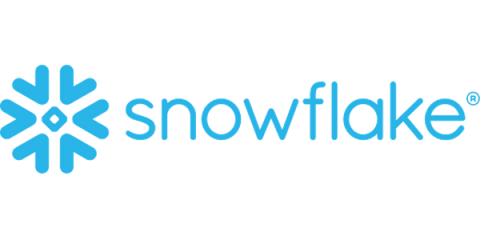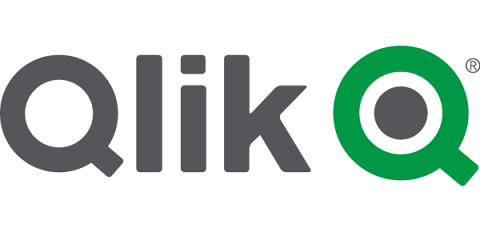Introducing table-level access controls in BigQuery
We’re announcing a key capability to help organizations govern their data in Google Cloud. Our new BigQuery table-level access controls (table ACLs) are an important step that enables you to control your data and share it at an even finer granularity. Table ACLs also bring closer compatibility with other data warehouse systems where the base security primitives include tables—allowing migration of security policies more easily.








